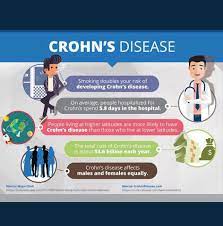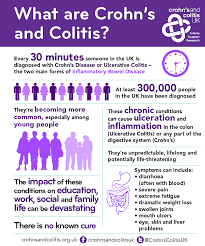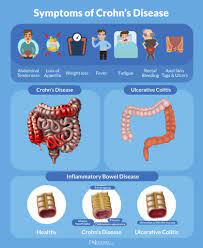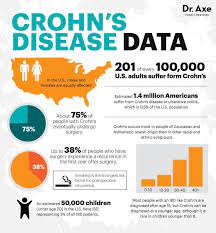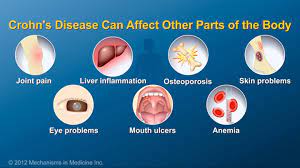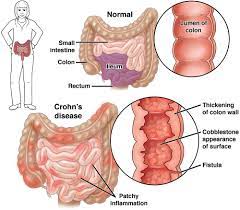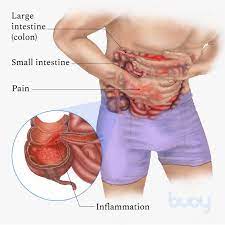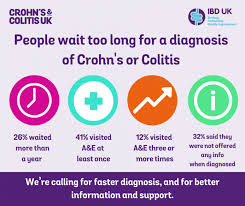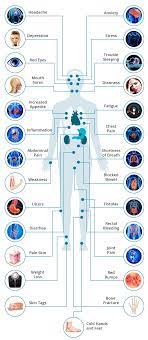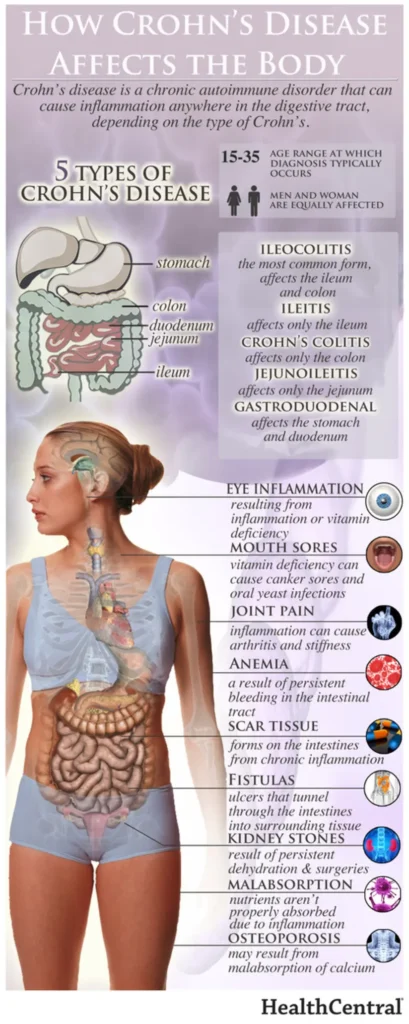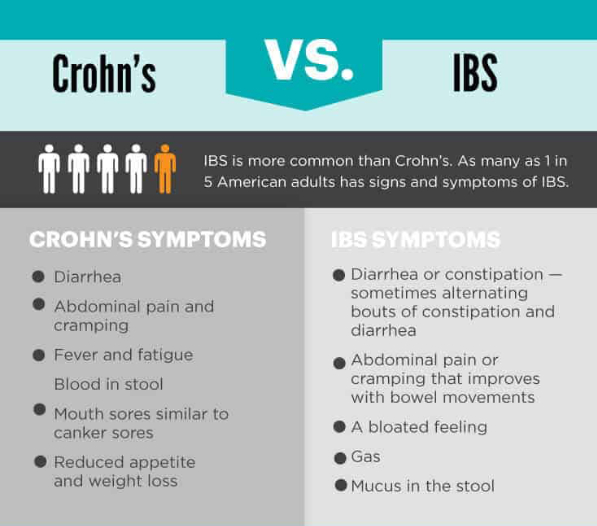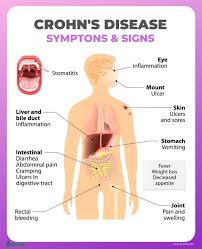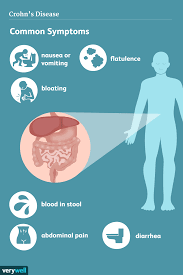To trigger Crohn’s disease, pathogenic bacteria co-opt a genetic susceptibility

Changes in a single gene open the door for harmful gut bacteria to set off the inflammation that drives Crohn’s disease, according to a new study. These findings could one day help doctors better select targeted treatments for patients with this immune disorder. This particular host gene, called AGR2, encodes part of the cell’s machinery that helps prepare new proteins properly so that they can help repel ‘bad’ bacteria. When anything from microbes to inflammatory conditions disrupts this process, protein production gets backed up, stressing the cell. Extremes in the expression of AGR2 — when it becomes too active or just silent — are associated with such stress and the cell’s response to it, and formed the basis of the study described Nov. 15 in Cell Reports.



